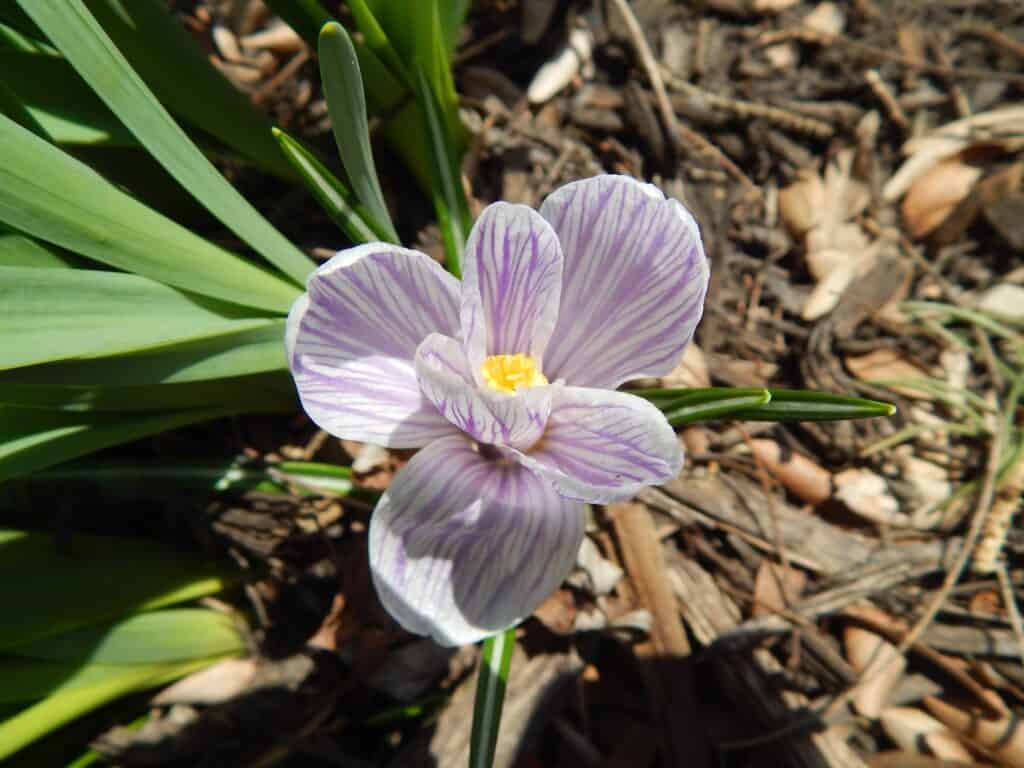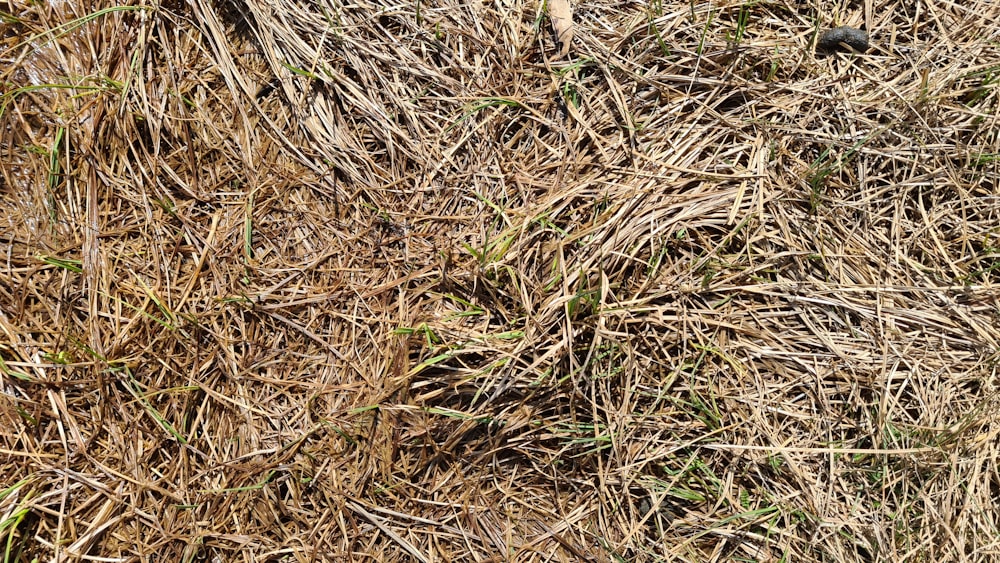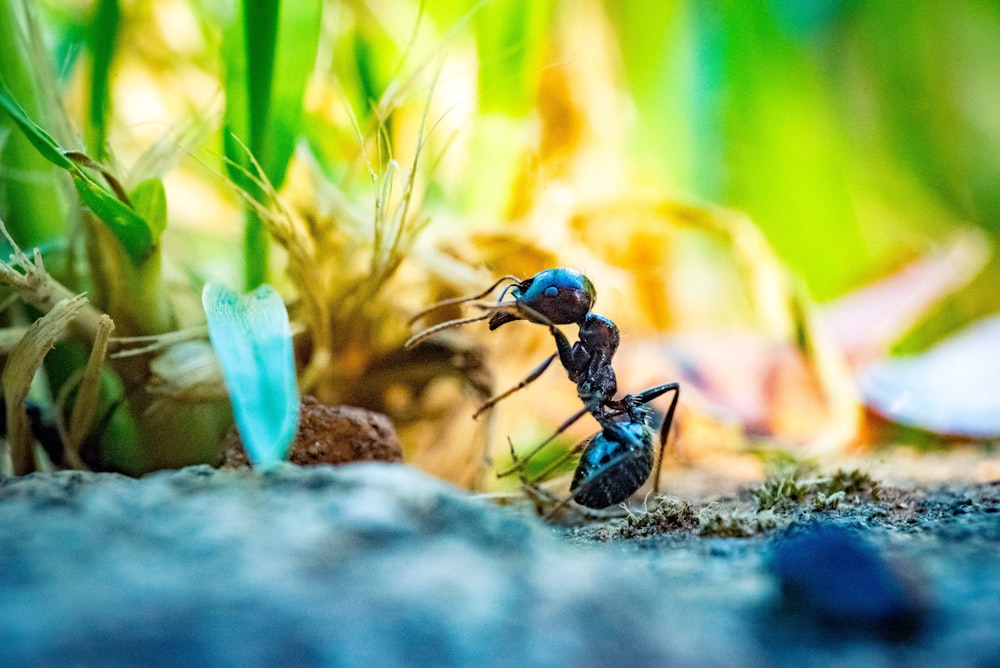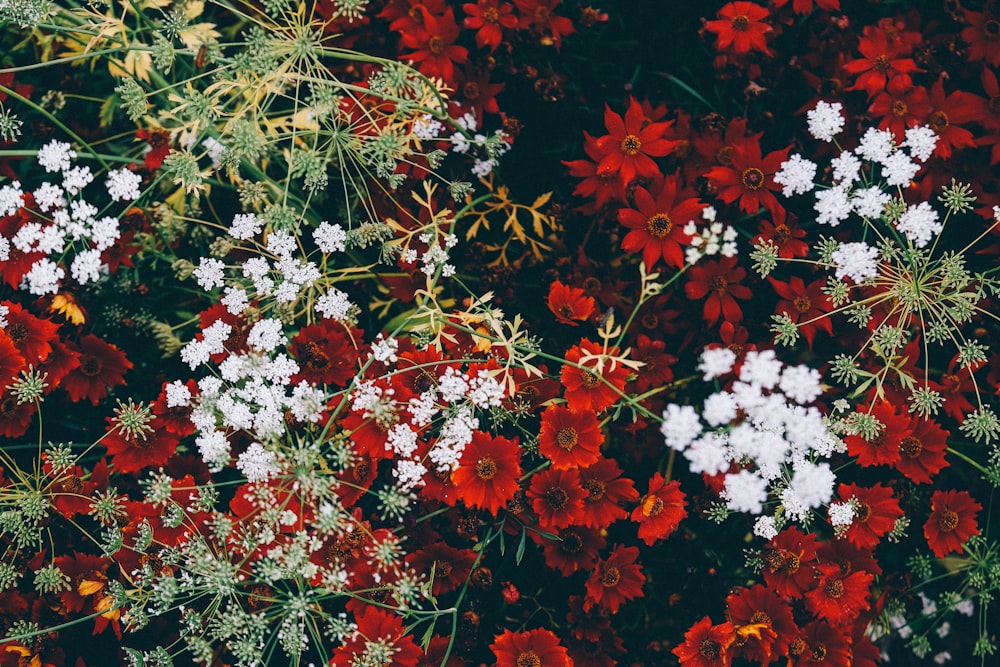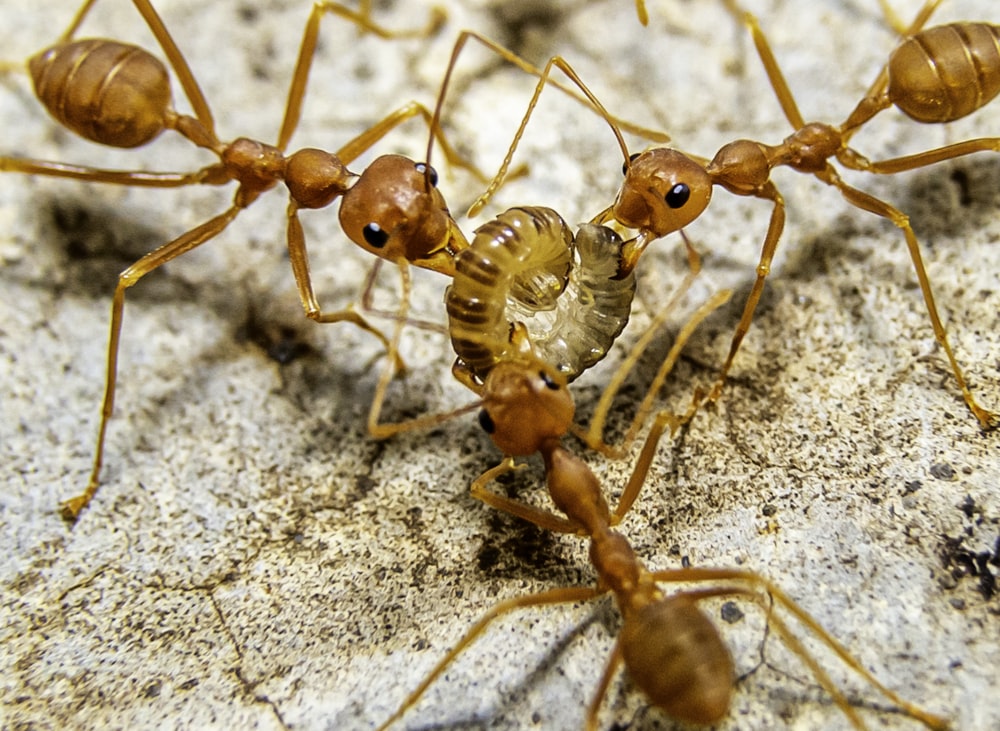You’ve devoted a decent amount of time sheltering your little garden of plants with mulch beds when suddenly…
You detected an entire colony of carpenter ants making it their home!
For any gardener out there who uses mulch, we know this rings a bell.
Do not get freaked out by this undesirable discovery.
We know you may feel a little freaked out and clueless on how to start dealing with these darned critters.
Many methods are proven to work, such as keeping the mulch depth at 3 inches maximum to discourage ants from building their nests there, but if you’re on the lookout for multiple methods, you could choose any from our list to get rid of your carpenter ants.
Here’s a comprehensive guide to help you through other insects in wood mulch.
How To Get Rid of Carpenter Ants in Mulch
To get rid of carpenter ants in mulch, you can switch the type of mulch you use. Since Carpenter Ants make their nests in wood, eliminating the wood in your garden will protect it. Switching To Cedar Mulch also works, as the ants dislike the smell and will avoid it.
Cedar Mulch vs. Carpenter Ants
For starters, carpenter ants love wood, so much so that they build entire nests out of the stuff.
The wood allows them a strong structure and quick tunnels that allow them to create a convenient way to forage for food, and eventually store the food they find in the nest.
They typically excavate (not eat) on woods found in the wooden structures of your house, but as you have been made aware, they can also find solace through your garden mulch made of wood chippings.
What’s worse, is they’ll destroy any plants around this mulch in the process.
Mulching on the topsoil of plants has many advantages that homeowners feel obliged to employ in their yard.
Don’t Use Wood Mulch At All
The most drastic way to get rid of carpenter ants is by not using any wooden material for mulch.
As carpenter ants love woods, the best route at this point is to deprive them of what they love and look for other mulch alternatives instead.
In this case, you can use crushed stone and gravel, leaves from trees, recycled rubber, plastic straws, and even newspapers, which are just as beneficial as wood chippings and give the same benefits.
Broad Types of Mulch
Mulches can come in two categories: Organic and Inorganic.
The former is a whole lot better regarding natural nutrition, and Cedar Mulch is one of the healthiest types of organic mulching that could nourish plants and soils.
Benefits of Cedar Mulch
There are a ton of different benefits of using Cedar Mulch, check out this list to name a few
The Smell of Cedar Mulch
Cedar mulch gives an off-putting smell to insects that is otherwise harmless and odorless to humans.
It also contains chemical compounds such as thujone that could quickly intoxicate insects upon contact.
Hence, cedar mulching helps deter insect infestation such as carpenter ants.
If you’re able to stop insects before they even arrive, they’ll have a hard time making tunnels out of the wooden layers due to the Cedar Mulch’s insect-unfriendly aroma.
In addition to deterring ant entry, cedar mulch provides many other noteworthy benefits, such as obstructing weeds growth, maintaining soil temperature and moisture, and giving your mulch garden an overall aesthetic appearance.
Maintaining Soil Moisture
By diminishing the evaporation of water during the warmer season, mulching helps maintain soil moisture.
It further helps prevent soil fissures from developing.
This is great since it will also protect the roots from exposure during cold winter temperatures.
Also, this will keep some of the root-dwelling insects out, that enter through these cracks.
Maintain Soil Temperature
A light-colored Cedar Mulch will absorb a lot of the heat during hot weather, enabling soil temperature control.
Similarly, Cedar Mulch serves as an insulating material during winter weather to prevent frost and the overall cold weather from infiltrating below the soil surface.
This is great, as it allows the capture of heat in our favorite plants making during warm weather, which will persist even after the season.
Suppress weeds
While weeds don’t necessarily stop growing with a mulch on the topsoil, obstructing weed growth results from employing cedar mulch, preserving soil moisture, and maintaining soil temperature.
Beautifying The Garden
Last but not least, cedar mulch adds aesthetic value to your garden, making it beautiful to look at while maintaining all the other helpful benefits mentioned.
Cedar Mulch Cons
While the benefits of cedar mulch still outweigh these few disadvantages, it is noteworthy to discuss them to make an intelligent choice on how you would go about the deed.
The most notorious cons would be its insect-repellent qualities last shorter than inorganic mulches.
Hence, after its intoxicating effects decompose, carpenter ants would not hesitate to enter the mulched area of your garden and make a nest there.
Considering the pros and cons, choosing cedar as your garden mulch will help ward off carpenter ants.
However, in the long run, you’ll either eventually need to re-mulch your garden or risk potentially allowing carpenter ants a new home.
It’s crucial to develop strategies to these insects from even getting close to your garden before they can start building a deep nest through the mulch.
Force them to find a different nesting place far from your property and garden!
Not liking the new mulch idea? Don’t worry, read on for more helpful tips below!
Ridding Your Mulch of Carpenter Ants
Keeping the thickness and depth of your mulch at 3 inches maximum is one of our favorite solutions, making it hard for the creepy crawlers to decide to build a home.
Since the carpenter ants will have a look around before building a nest, they will not like the idea of a nest in a shallow layer of mulch.
Therefore, a routine inspection of your mulch-strewn garden is a wise way to deal with carpenter ant colonies.
Moving the mulch around constantly is a best practice to nip any nest-building undertaking while it’s in the early stages.
If you demolish early progress by routine shuffling, the carpenter ants and other insects will eventually move on.
But if you feel overwhelmed about the time investment, do not hesitate to seek a professional exterminator, as chemical treatments like pyrethroid sprays could tremendously help if an infestation is already making headways.
DIY Home-Made Recipe To Kill Carpenter Ants!
While hiring a specialist is recommended, doing it yourself could be done, provided that you have these ingredients at home, which we will walk you through.
In this DIY method, you would need an empty jar, hot water, sugar, cotton ball, tin foil, and borax powder.
Here’s how to nail it using this mixture:
- Boil water.
- Put the warm water into the empty jar with a lid.
- Mix 1 ½ cup of borax powder and half of the icing sugar into the hot water.
- Stir the solution until it dissolves.
- Dip the cotton balls with the solution and place them onto the tin foil.
- Finally, put the cotton balls on top of the mulched area.
You see, it’s a trap for the carpenter ants to bite on the sugary mixture, and the formic acid inside the critters mixed with the borax will explode, mercilessly killing the colonies of ants and their nest.
[amazon box=”B01NBJZ2F8″]
Effective Methods To Get Rid of Carpenter Ants
These other methods are also proven effective in removing ants:
Food Grade Diatomaceous Earth.
This silica-containing powder will dehydrate pests; sprinkle its contents directly into the colony where many ants hide.
Beneficial Nematodes
These are microorganisms found in soils that help kill insects such as ants in mulch.
These can also help eliminate ants dwelling on grounds below the mulched area.
Neem Oil
Apply neem oil to the mulch where aphids may be present.
Since aphids are carpenter ants’ favorite food source, removing aphids through neem oil application will cause the ants to revert from proceeding to the mulch.
[amazon box=”B007CRG4CW”]
Orange Peels
If there’s one thing that ants hate, it’s orange! (citrus in general)
And an orange slurry is a great way to ward off and kill ants by applying them to cracks and crevices where they will pass through.
Peanut Butter Poison
Another ant bait worth trying is protein-rich peanut butter mixed with borax to bait protein-mad ants by placing a containerful of it in their usual trail points.
Other Ant Species
Not only carpenter ants, which are large insects typically with black and reddish exteriors, can be found infesting your mulch.
Another ant species that can be found in mulch is fire ants.
Fire ants tend to be more aggressive, and their name is derived from their bite stung than other ant species.
Dealing with them would be the same as carpenter ants, but make sure to take more precautions.
To Recap
As final thoughts, mulch in your plants, yard, and garden gives plenty of benefits for nourishment and a pristine appearance.
And while it is also attractant to insects, such as for carpenter ants to build a nest, there are ways to get these squared away.
The various methods discussed in this post are, rest assured, helpful and practical.
Watch out for more articles related to infestation that you may find yourself entangled into.
Appropriate Ant-Prevention Articles
Here are some other suitable articles in our Ant-Prevention Series that also cover the immediate prevention of ants in case you have an infestation.
- How To Get Rid of Ants On Carpet: Keeping ants out of your carpet is just as important as keeping them out of your plants. Know these tips and tricks in case you ever notice some ants on the carpet.
- Do Dryer Sheets Keep Ants Away: Sometimes, other things like dryer sheets can help get out of your mulch.
- Will Salt Keep Ants Away: Maybe some Epsom salt can help get those ants out of your mulch!
- Why Are Ants Coming Out of My Bathroom Sink?: While having ants in mulch is bad, so is having them in the bathroom sink.
